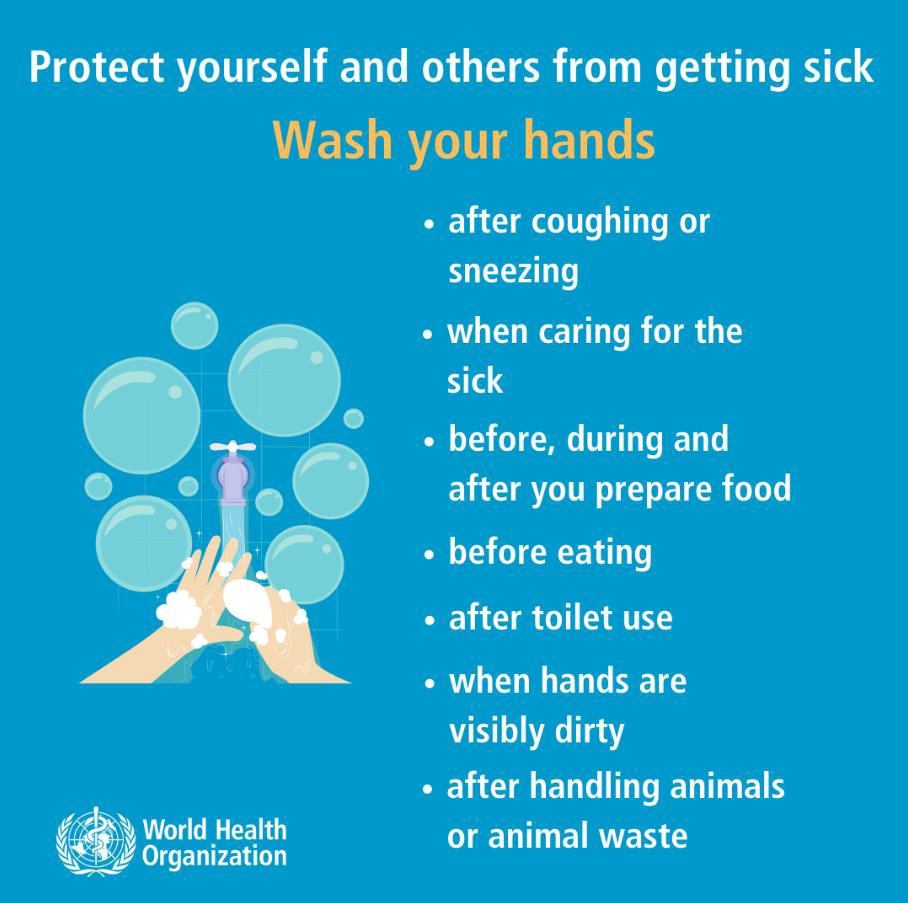Novel Coronavirus (2019-nCoV) information
With the first confirmed Coronavirus case announced by the South African Department of Health, we would like to provide you some information to keep you safe.
The Coronaviruses are a large family of viruses found in both animals and humans. Some infect people and are known to cause illness ranging from the common cold to more severe diseases such as Middle East Respiratory Syndrome (MERS) and Severe Acute Respiratory Syndrome (SARS).
As with other respiratory illnesses, infection with 2019-nCoV can cause mild symptoms including a runny nose, sore throat, cough, and fever. It can be more severe for some persons and can lead to pneumonia or breathing difficulties. More rarely, the disease can be fatal. Older people, and people with pre-existing medical conditions (such as, diabetes and heart disease) appear to be more vulnerable to becoming severely ill with the virus.
People living or travelling in an area where the 2019-nCoV virus is circulating may be at risk of infection. At present, 2019-nCoV is circulating in China where most people infected have been reported. Those infected from other countries are among people who have recently traveled from China or who have been living or working closely with those travelers, such as family members, co-workers or medical professionals caring for a patient before they knew the patient was infected with 2019-nCoV.
As of the 5th of March 2020, the following statistics are available:
- There are 95 333 confirmed cases globally.
- The global estimated mortality rate is 3.4%
- 84.5% of the coronavirus cases are based in China, with a mortality rate of 3.2%
- The rest of the world, account for 1.5% of confirmed cases, with a mortality rate of 0.3%
- The global estimated mortality rate is 3.4%
- Out of the 85 countries affected, there are countries where all cases have recovered from the infection. The list of these countries included Singapore (110), Germany (262) India (3), Canada (30), to name a few.
- Approximately 80% of those who died, were over the age of 65 years. And 75% had pre-existing health conditions such as cardiovascular diseases and diabetes.
The following advice are recommended:
- Avoiding close contact with people suffering from acute respirate infections
- Frequent handwashing, especially after direct contact with ill people or their environment
- Avoid unprotected contact with farm or wild animals
- People with symptoms of acute respiration infections should practice cough etiquette – maintain distance, cover coughs and sneezes with disposables tissues or clothing and wash hand


